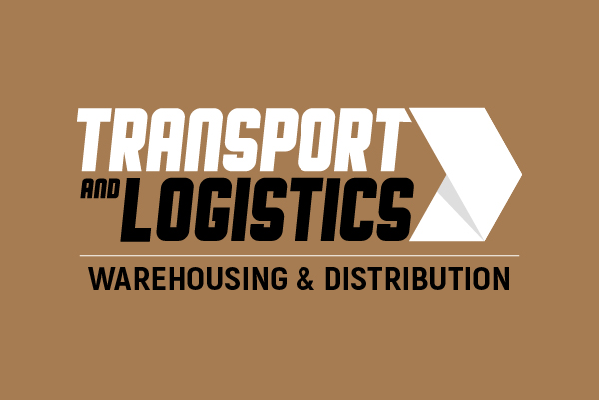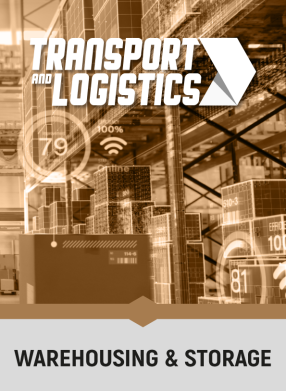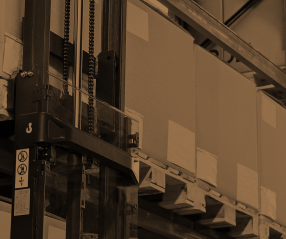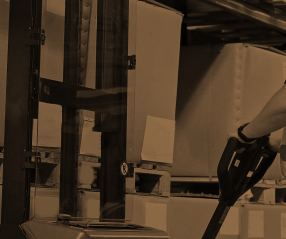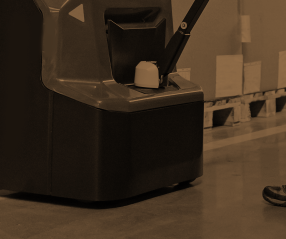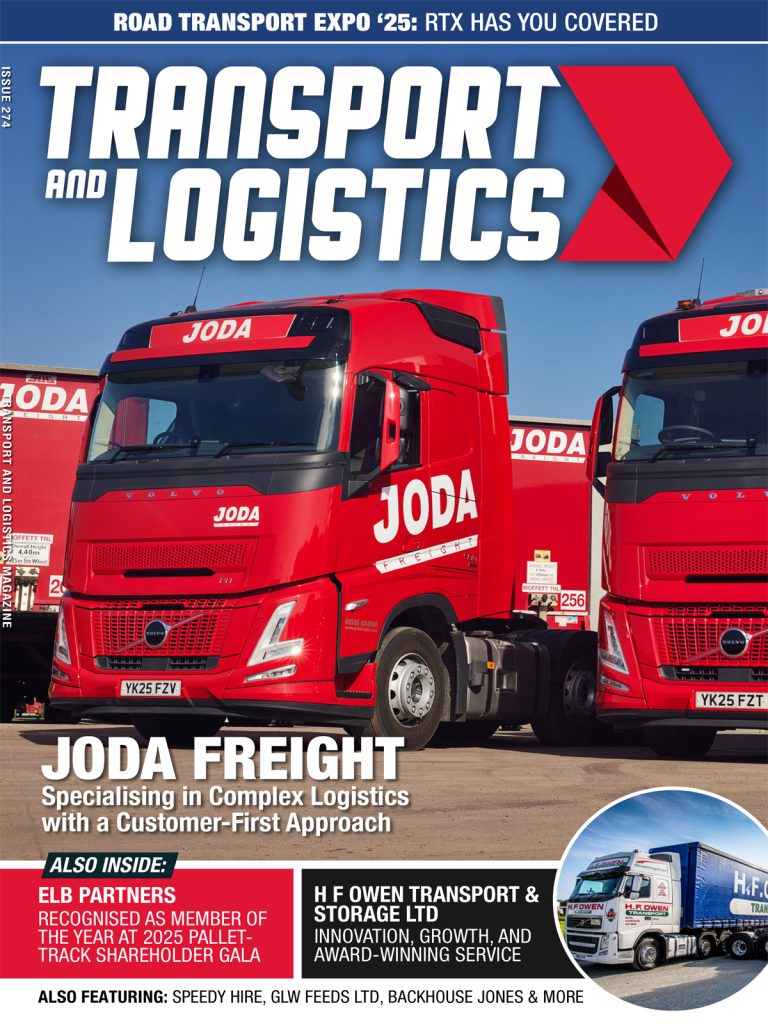As world leaders discuss climate change at COP26, ParcelHero says all the evidence is that ordering presents online for home deliveries this year will be far greener than shopping by car.
The COP26 climate change conference is underway in Glasgow, with many of the world’s leading politicians meeting to discuss global warming. Considerable focus is naturally falling on the UK’s own efforts to prevent pollution, and the leading courier services expert ParcelHero says home deliveries will be a positive factor in reducing emissions and congestion this Christmas.
The Government is reportedly dusting off last year’s shelved plans to impose a so-called ‘green’ delivery charge to reduce the supposed impact of e-commerce by, in its own words, imposing a ‘mandatory charge’ on home deliveries to ‘encourage more sustainable behaviour’. But ParcelHero’s Head of Consumer Research, David Jinks M.I.L.T., says this plan is based on false assumptions and will actually increase both pollution and congestion.
“Our report ‘Which is Greenest, Home Deliveries or Traditional Shopping?’ brought together academic research from many different sources and showed conclusively that ordering online is far more environmentally friendly than jumping into your car,” says David.
“As long ago as 2009, a study by Heriot-Watt University revealed definitively that successful first-time home deliveries of non-food products generate significantly less grammes of CO2 per kilometre than a dedicated car shopping trip. The paper found that a typical urban shop by car for multiple items generates 1,069 grammes of CO2 per km per item, and a dedicated car trip for a specific item 4,274 grammes of CO2 per km. In contrast, a successful first-time home delivery creates just 181 grammes of CO2 per km per parcel.
“In fact, the research found that a customer shopping by car would have to buy 24 non-food items to reduce their equivalent emissions to those of a home delivery.
“Since then, cars have become cleaner, but delivery vehicles have become still greener, with the latest Euro 6 diesel van engine regulations reducing not only CO2 emissions but also Nitrogen Oxidex (NOx) and particulates. In fact, new diesel engines have reduced NOx emissions by 55% from 180mg/km to just 80mg/km. In contrast, the NOx limit for petrol engines has not been altered from 2011’s Euro 5 standards.
“And, of course, many more deliveries are now fulfilled with electric vehicles, reducing the environmental impact still further. Worldwide, Amazon has just ordered 100,000 electric delivery vans from start-up electric vehicle maker Rivian, together with previous orders of 1,800 electric vans for European use from Mercedes-Benz. These are already running in UK cities such as Exeter.”


